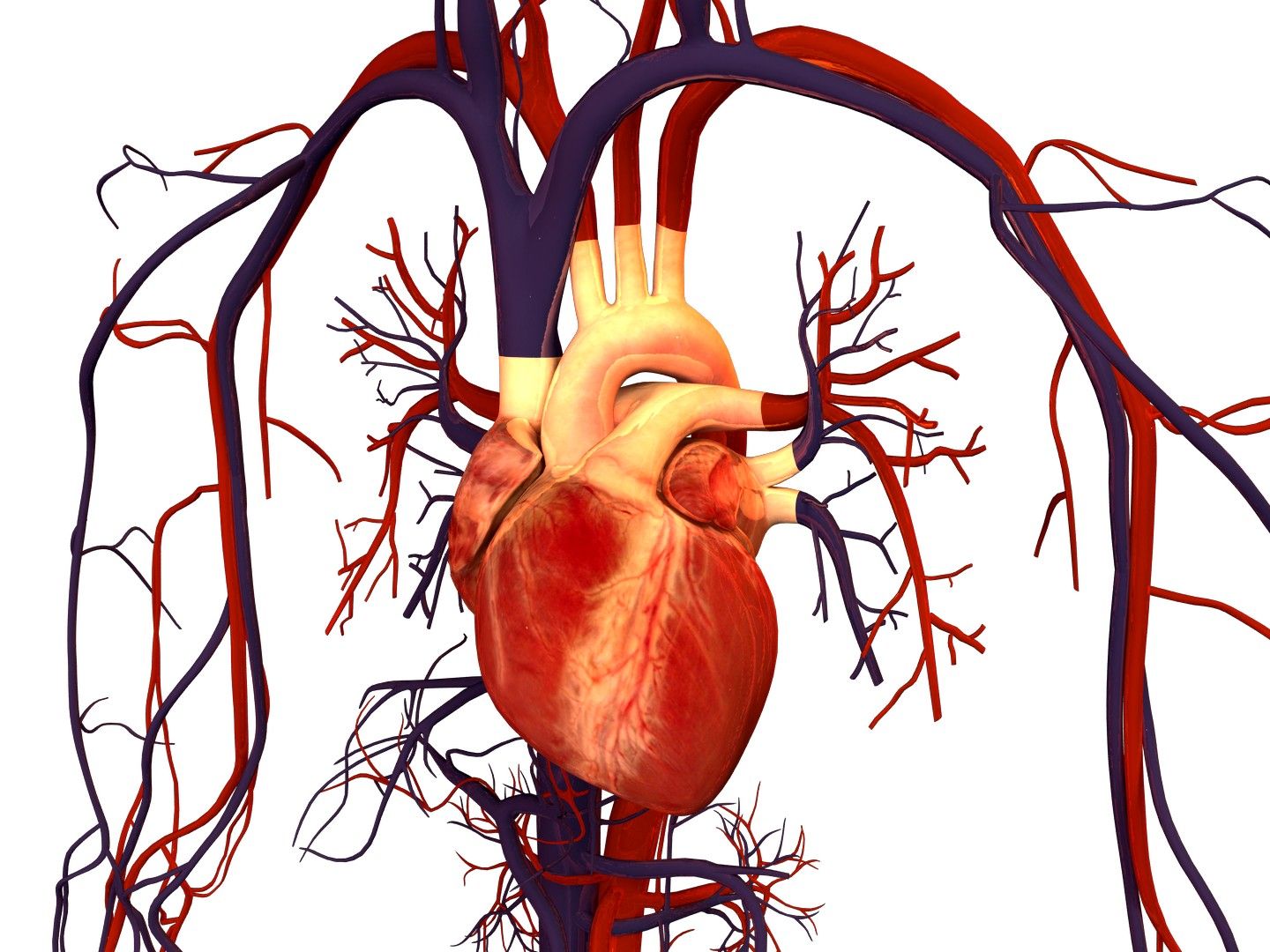Women born in periods of high unemployment experience higher cardiovascular risk

A new study shows high unemployment leads to a higher risk of cardiovascular disease among women. For men, CVD risk, on average, is unaffected by early-life exposure to recessions.The study used data from Lifelines, a large cohort study that covers socio-economic, biological and health information over 75,000 individuals aged between 20 and 63.
Many studies show the negative effects of adverse economic conditions around the time of birth on a range of late-life mortality and morbidity outcomes. This new study adds to the existing body of literature by studying the effect of economic conditions at the time of birth on cardiovascular health in adulthood in post-1950 cohorts. The study is conducted by Rob Alessie, Viola Angelini, Gerard van den Berg, Jochen Mierau and Laura Viluma.
The idea for this study stems from the fetal programming hypothesis, developed by David Barker in 1995, which suggests that malnutrition and other exposures early in life permanently change the structure and function of organs, tissues and systems in the body. Viluma explains: “Barker argued that malnutrition during pregnancy forces the fetus to adapt in order to sustain its development and these adaptations may be permanent, for example, redirecting oxygenated blood away from the body to sustain brain, which leads to underdeveloped liver function and raised cholesterol levels in adult life. Advances in the field of epigenetics are revealing that this adaptation might happen through gene expression in humans that persists throughout life. So for example, children conceived during the Dutch Hunger Winter are considered to have survived the adverse prenatal circumstances thanks to adjustments in their DNA. Their genes had adjusted to promote growth; however, as a result later in life these children have an increased risk of high cholesterol, diabetes and even schizophrenia.”
Since it is proven that these extreme events have very large health effects, the researchers of this study were interested if a milder and much more common crisis, such as an economic recession also might affect health. Viluma: “Economic models predict that the economic conditions early in life can affect health in many ways. For example, economic hardship such as unemployment might affect the household income and lead to lower quantity and quality of food and prenatal care consumed by pregnant women. Besides, economic hardship might also be stressful for pregnant women, and stress can affect the health of the fetus. However, unemployment may also have positive influences such as reducing smoking and alcohol use, or allowing pregnant women to devote more time for exercise or cooking, while also reducing work-related stress. In addition, some people might postpone pregnancy during economic hardship. If, for example, low SES families choose not to become pregnant during periods of economic hardship more often than high SES families, the average health of the individuals that are born might be affected. Thus the effects of economic conditions are very complex.”
The new study shows that for women a 1 percentage point increase in the provincial unemployment level leads to a 0.02 percentage point increase in the risk of a fatal cardiovascular event in the coming 10 years. Viluma argues that the result as a whole is thought-provoking: “Cardiovascular disease is currently considered a “lifestyle disease”. Researchers an policymakers focus on adult lifestyle changes as the main solution for cardiovascular mortality. However, our study and other similar research suggest that this might be insufficient since some causes of CVD may occur already before birth.”
According to Viluma literature often finds larger effects in men than in women, which makes it surprising that this study only found effects in women. Viluma describes several possible explanations: “One of the possible explanations could be in the fact that the risk of heart disease in women is often underestimated due to the belief that females are protected against cardiovascular disease. It could be that the high risk men with high cholesterol or blood pressure have been prescribed the appropriate medication, while the women have not even been tested. Another explanation could be the age group (20-63) that we study. Medical literature has found that some risk factors affect women more at younger ages and men at later ages. So it is possible that we do not see the effect in men because they are affected later. However, whether any of these explanations are true is a topic for further research.”
What is the relevance of the research? “Compared to the existing research on this topic, we analyse much younger cohorts born in the modern welfare state with unemployment benefits.” Viluma explains, “So our results are more relevant for the current policymakers, especially in the aftermath of the Great Recession. It shows that even with the many protections that we enjoy in the Netherlands, the children born during this and other recessions might be a risk group for developing CVD in adulthood. In addition, our study highlights the long-term benefits of policies that help young children and pregnant women during economic hardship.”
You can find the publication of the study here: https://www.sciencedirect.com/science/article/pii/S0277953619300656?dgcid=coauthor


